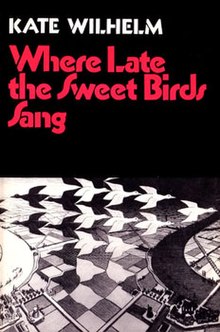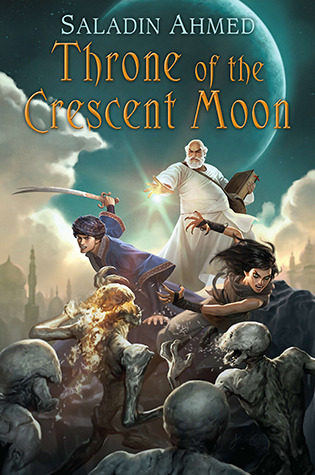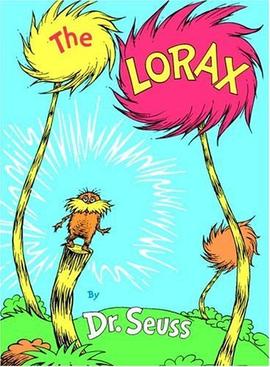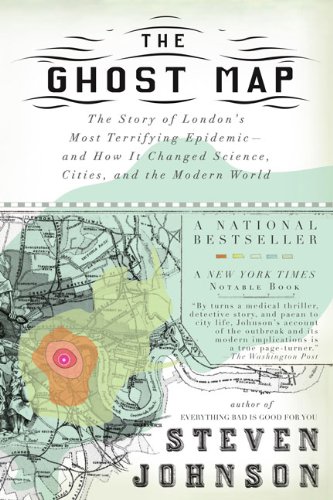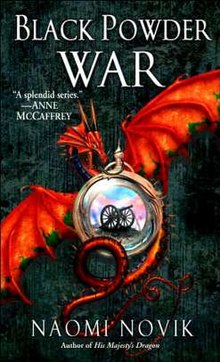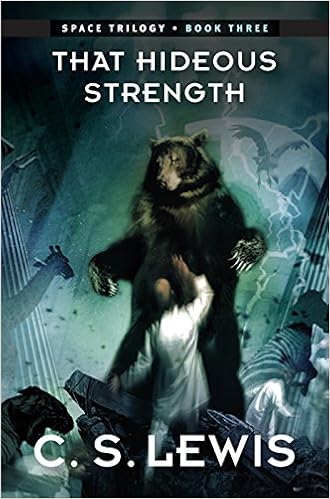I go back, very happily, to the world of Peter Grant. Except that it's the world outside of London this time, as Peter ventures into the countryside. Two girls have disappeared in a small town, and Peter heads out that way to cross an old magic practitioner off the list. When that doesn't appear to yield any fruit, Peter sticks around to help the police, who are surprisingly willing to ask him to consider stranger causes, because they aren't getting anywhere.
What initially appears to be utterly mundane begins to slowly unfold into something that is much more up Peter's alley. Of course, it couldn't possibly be aliens, could it? Or a unicorn? How ludicrous.
We're back into the British police procedural/urban fantasy, except that it's noticeably more rural. Nightingale is barely in the book, as Peter spreads his wings, but we do get a cameo from Dr. Walid, His parents are absent, but that may be because they never leave London. Beverly Brook shows up for quite a lot of the book, which makes me happy. The nature of her relationship with Peter begins to shift, and I'm interested to see where it goes.
On the new side, we have a charming gay rural police officer, Dominic, and his sheep-farming boyfriend, Martin. And his drugged out friend-from-high-school, a girl named Stan. There's a large UFO spotting community in the area, and they have their own theories. Oh, and there's a woman who may be more like the bees she tends than is obvious on first inspection.
For the first half of the book, we get the frustration of a case that appears to have stalled. It's worse when it involves children, and the police know that the longer it goes, the worse the odds get.
As an entry into this series, I enjoyed it quite a lot, although there was one point where I wanted to shake Peter because I spotted a clue before he did. By book 5, young man, any time there's a reference to a phone not working...don't you think that should be first on your action list?
More than that I don't want to say, but I quite enjoyed the variety of magical creature that appears in this book, and the particular spin Aaronovitch puts on them. I also liked the answer to what had happened to the girls, and the theory that it's not how you're born that matters, it's how you're brought up.
I was hoping for more of Lesley, because of course that is the big burning question after the last book. (I am being purposefully vague here.) We do get a couple of interactions, but it's more to reassure us that that storyline is out there slowly building, and this time we get a timeline. Hard to know how that translates in terms of books.
As always, Peter is a charming companion, and when the chips are down, willing to sacrifice himself in order for others, even when that seems like it might be A Very Bad Idea Indeed. I'm interested to know quite what the ending means, though, as there is something odd that Peter wants to ask about as well, but doesn't. That had better be explained in a later volume.
At any rate, five books in, and I'm still into it. I'm not bored, or lagging, or feeling like the stories are repeating. I fell in love with Midnight Riot, and at Foxglove Summer, the glamour hasn't worn off yet.


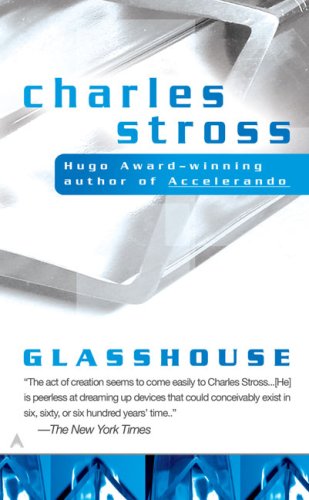
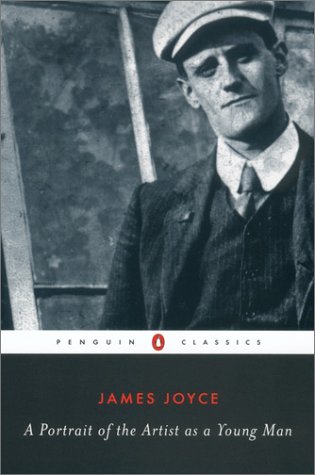


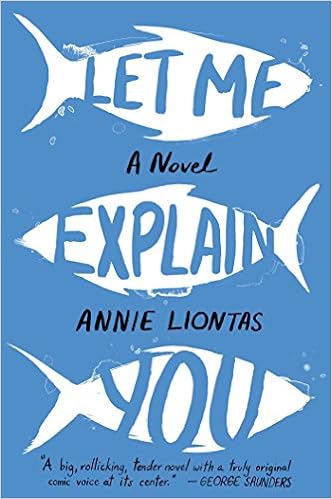

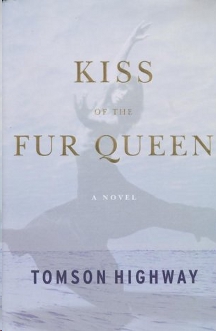


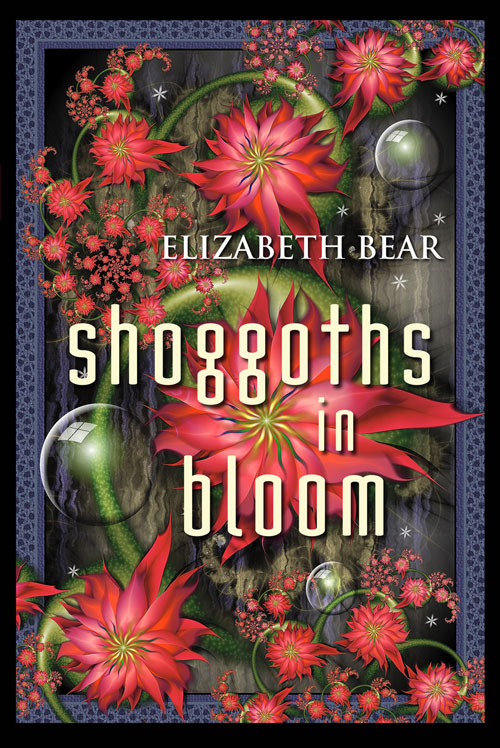

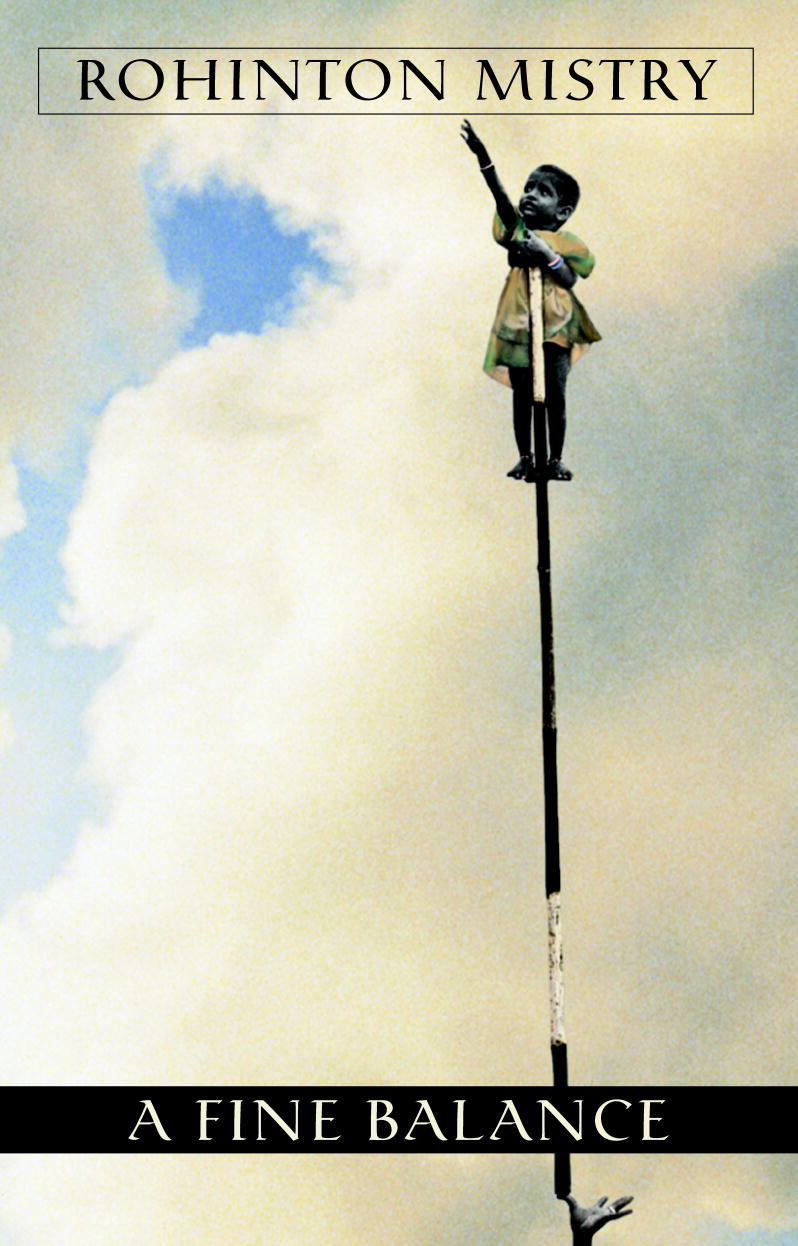

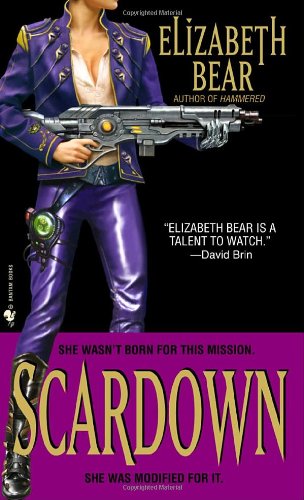


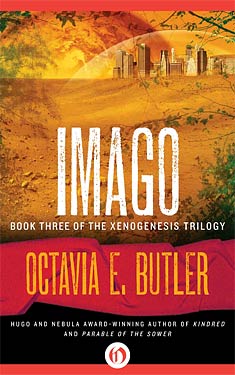
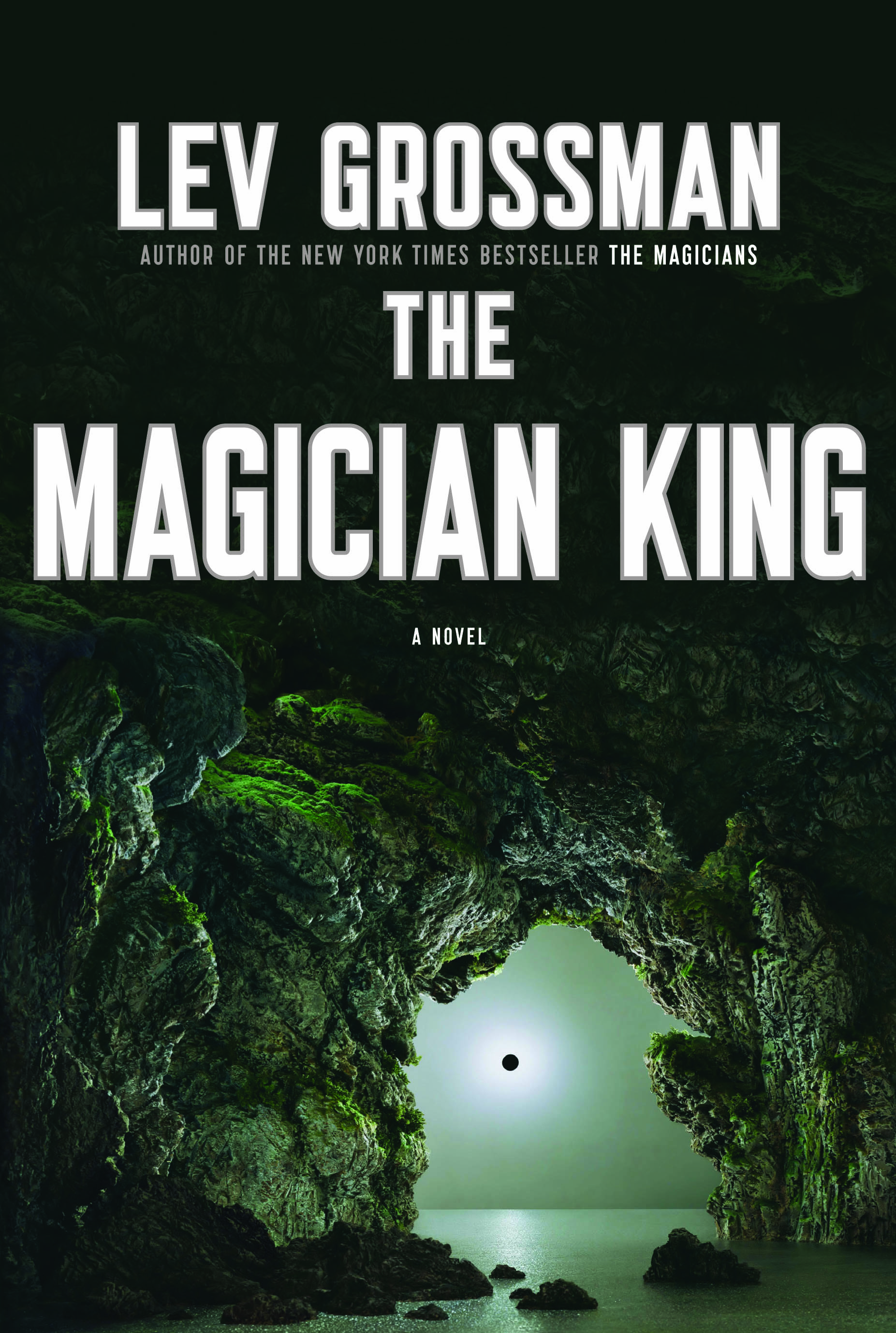



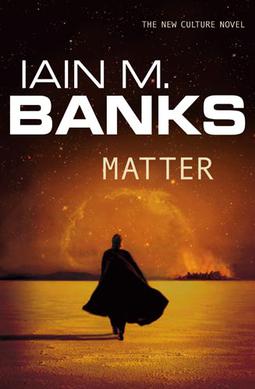




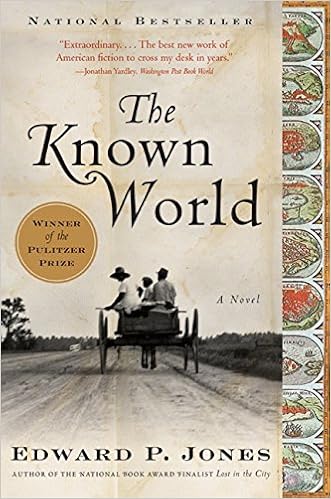
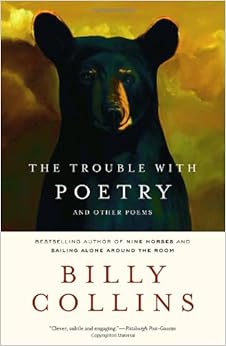

.gif)
